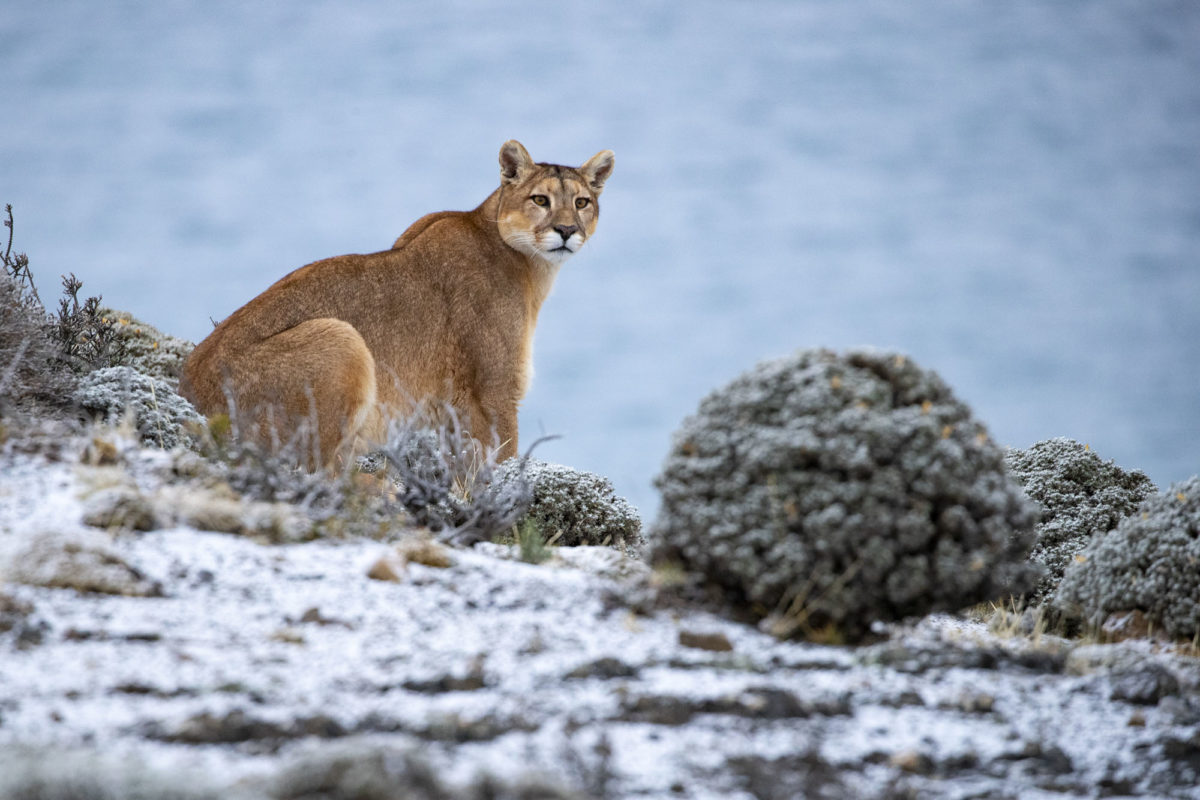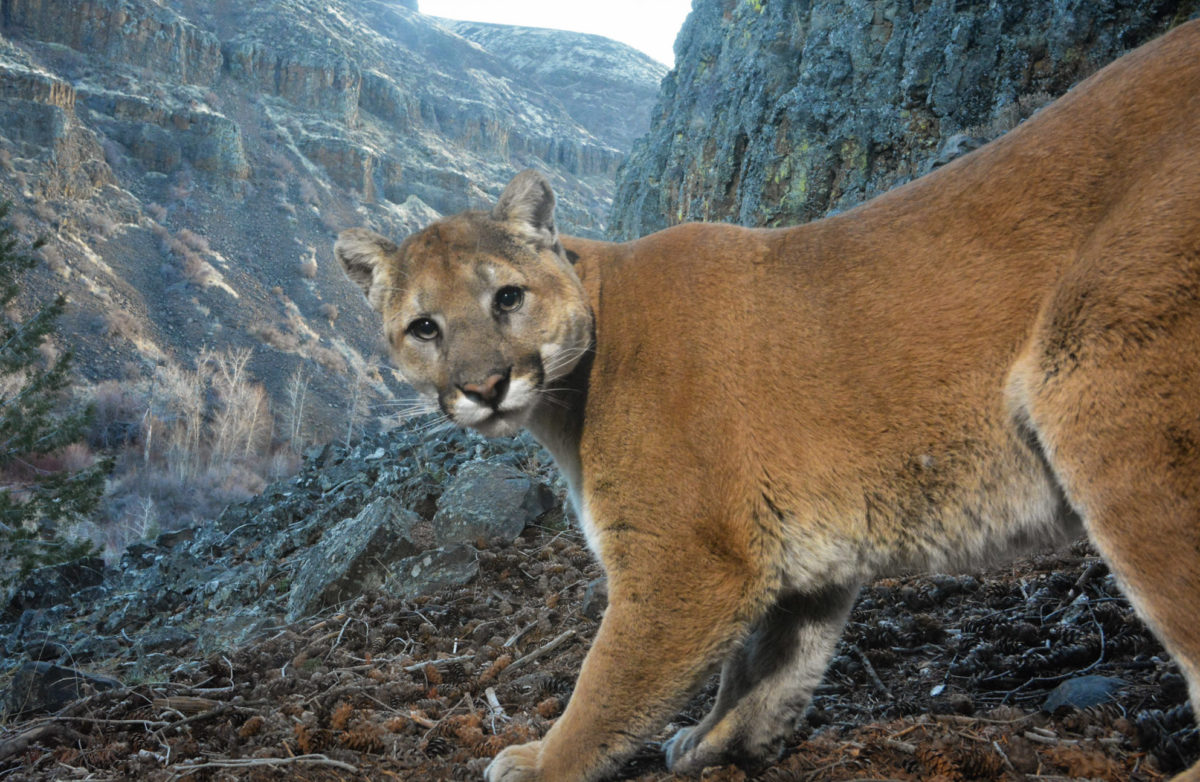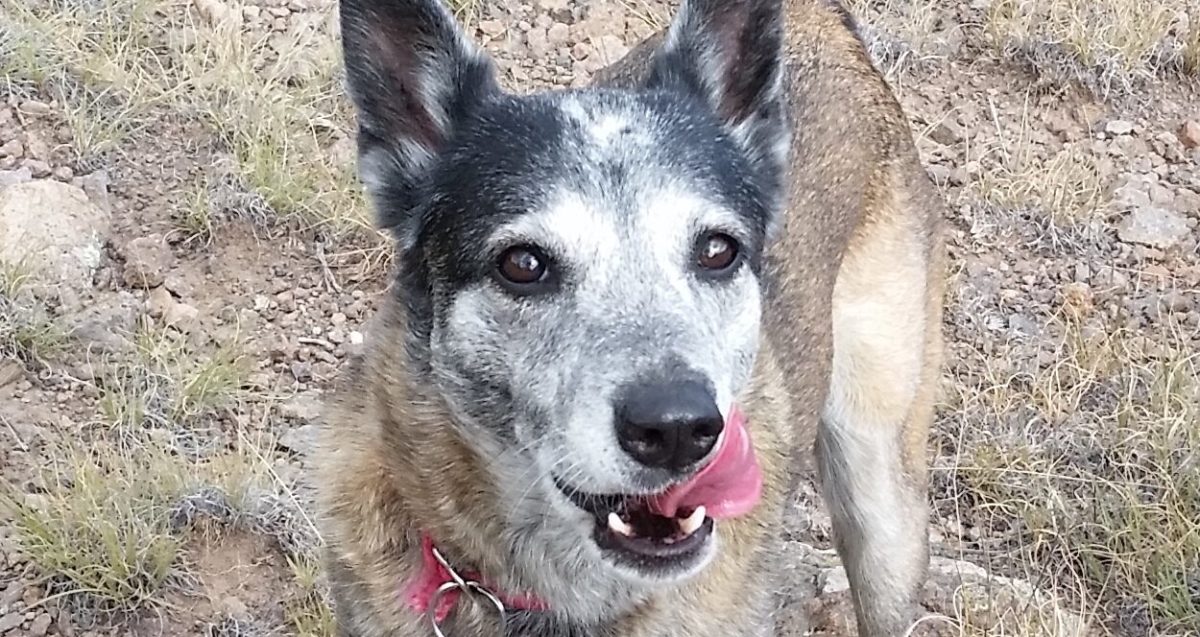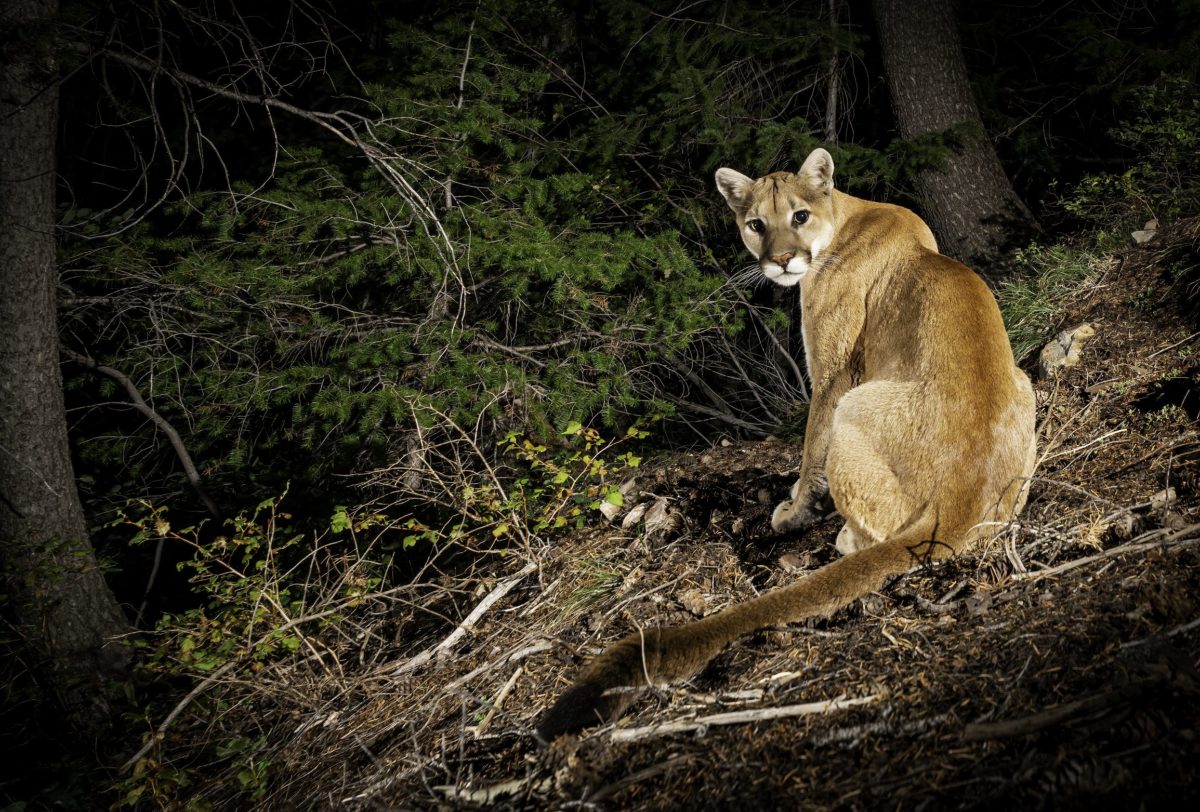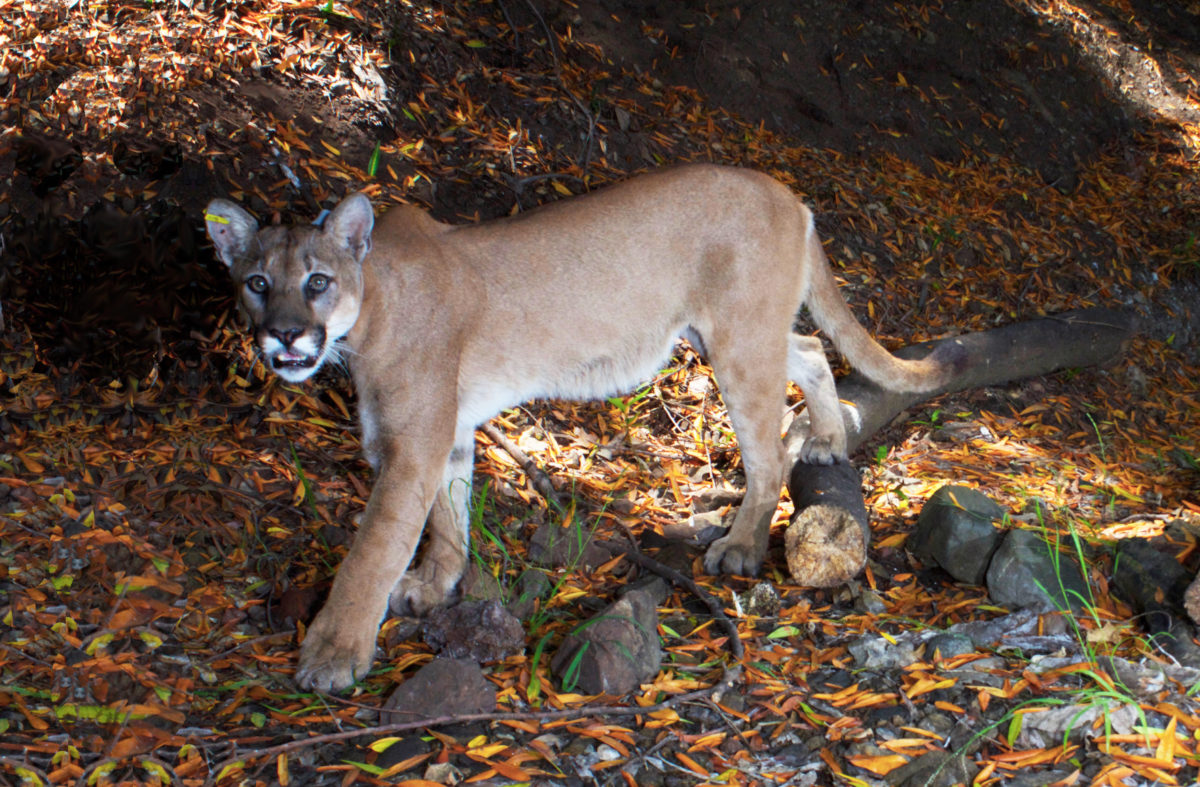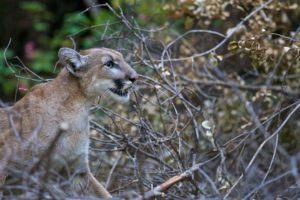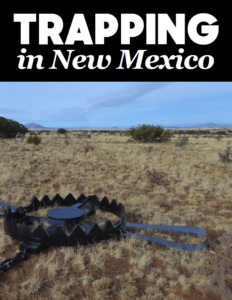For immediate release
Date: February 4, 2022
Contact:
Logan Christian, Region II Conservation Advocate, Mountain Lion Foundation
lchristian@mountainlion.org
916-442-2666 ext. 108
Colorado Senate Considers Ending Cougar Hunting
Denver, Colorado – On Thursday, February 3, the Colorado Senate held a hearing for S.B. 31, the bill to end the recreational hunting of mountain lions, bobcats and Canada lynx in Colorado. While hunting groups stormed the capitol to protect their ability to kill Colorado’s wild cats, a broad coalition of conservation groups urged the Colorado Senate Agriculture Committee to bring the state in line with the best science and end the hunt. The committee ultimately voted 4-1 against the bill this year, but called for more detailed information from state agencies and deeper consideration of the hunt going forward.
Conservation organizations including Mountain Lion Foundation, Humane Society of the United States, WildEarth Guardians and Animal Welfare Institute testified in support of the bill, highlighting research that hunting is not needed to manage wildcats. Josh Rosenau, Conservation Advocate for Mountain Lion Foundation, explained, “For too long, mountain lions have been subject to consistent annual killing, despite evidence that hunting is not necessary to regulate their populations, exacerbates conflicts with humans, and hinders their roles in natural ecosystems.”
Many who testified against S.B. 31 posited that sportsmen should be allowed to continue hunting these species since hunting tags help fund wildlife conservation. Responding to these arguments, Rosenau stated, “[Sportsmen] disregard the contributions of non-consumptive wildlife users through general tax revenue, user fees and direct donations. Moreover, wildlife management is not a pay-to-play game. The first tenet of the North American Model of Wildlife Conservation states that wildlife resources are a public trust to be managed by governments for the benefit of all citizens. Just over 5% of Colorado residents are hunters, and a very small fraction of those hunt wild cats. Compare that to over two-thirds of state residents who do not support the recreational hunting and trapping of wild cats.”
Many sportsmen also stated that S.B. 31 would take management away from experts at Colorado Parks & Wildlife. Logan Christian, another Conservation Advocate for Mountain Lion Foundation, clarified that this would not occur under the bill. “The expertise of CPW staff has been invaluable for understanding wildcat populations, responding to human-wild cat conflicts, and educating the public about human-wild cat coexistence. All of these activities would continue under S.B. 31. What hunters are really saying is that managers should focus on providing hunting opportunities, but hunting is only one of many considerations that wildlife managers must balance. Their primary mandate is sustaining all wildlife populations for the benefit of current and future generations.”
Senators who voted against the bill raised questions about its fiscal impact, and requested detailed information about mountain lion populations on the fly during the hearing. Despite her opposition, Committee Chair Donovan explained that she was nonetheless impressed with the arguments from both sides. “What was unique about this bill is that the majority of the emails were not form letters, they were people sitting down and writing their thoughts. You can tell people are being thoughtful about this issue on both sides.
Responding to her fellow senators requests for population information, Senator Jaquez Lewis, the bill sponsor and sole person who voted for S.B. 31, explained that Colorado Parks & Wildlife mostly uses harvest data to assess the population, which doesn’t accurately capture how many wildcats are on the landscape. She also stated that she hopes to address some of these questions with a future bill. “If I had done it again I would have a component to gather more information about big cat populations.” She went on to say, “While CPW doesn’t have reliable data, we’ve really shown a light that that’s where we need to go. I hope in the future I can bring a bill to you that helps address where we need to go.”
CPW is currently experimenting with new mountain lion population monitoring methods that use GPS collaring and camera trapping to better understand the state’s mountain lion population. Christian, who has communicated with CPW staff about this research, stated, “We support these new population monitoring efforts by CPW and hope that the agency will not rely on harvest data to assess populations as has been done in the past. CPW will continue to be an important player in mountain lion research and management, even if recreational hunting of the species is eventually banned.”


